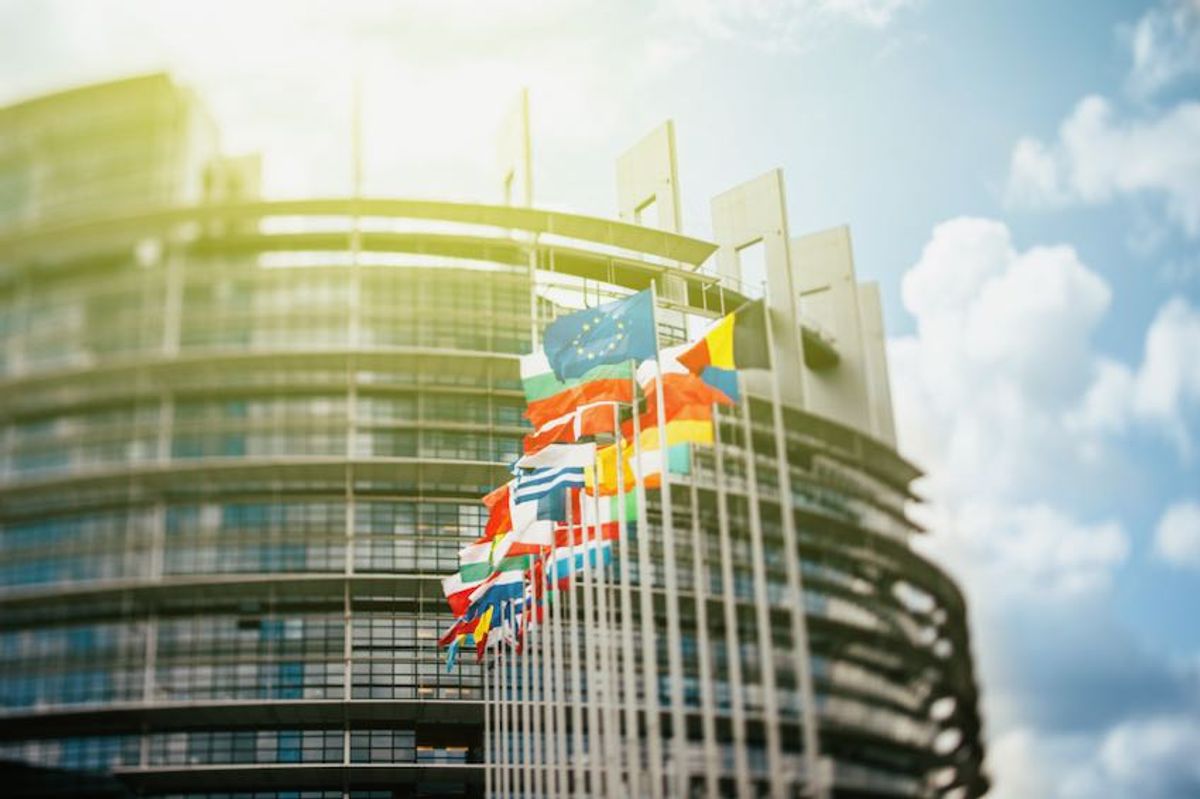The EU’s new Entry-Exit System (EES) is set to finally be launched in October 2024, according to multiple media reports.
EES is an automated IT system for registering travellers from non-EU countries, including the UK, when they cross the EU’s external border. It will apply to both short-stay visa holders and visa-exempt travellers.
But the implementation of EES has already suffered a series of delays, which has also put back the introduction of the related European Travel Information and Authorisation System (ETIAS) for non-EU visitors until mid-2025.
EES needs to be introduced before the EU can launch ETIAS, which will require visitors from third countries to pay a €7 fee for an electronic authorisation that lasts for up to three years.
Media reports have suggested that EES should now start operating on 6 October 2024 with Eurotunnel, which runs train services between the UK and France, currently testing the EES technology.
The system requires fingerprints and facial scans to be taken of non-EU travellers when they first enter one of the 29 countries using EES.
Julia Lo Bue-Said, CEO of the Advantage Travel Partnership, said that UK travellers visiting the continent would have to be “prepared for potential delays on their first trip” to countries participating in EES.
“With this information then valid for the next three years, we hope to see the use of automated border control checks and self-service systems increase the speed of processing times and improve the overall experience for all travellers,” added Lo Bue-Said.
“It is important that border staff are able to implement the new entry and exit system smoothly and efficiently in order to cause minimal disruption to travellers as we move away from the current process of passport stamping.
“As we look ahead to 2024, the demand for travel remains incredibly high and we expect the EES to be a small addition to the process of travel.”
The countries taking part in EES are: Austria, Belgium, Bulgaria, Croatia, Czech Republic, Denmark, Estonia, Finland, France, Germany, Greece, Hungary, Iceland, Italy, Latvia, Liechtenstein, Lithuania, Luxembourg, Malta, Netherlands, Norway, Poland, Portugal, Romania, Slovakia, Slovenia, Spain, Sweden and Switzerland.

